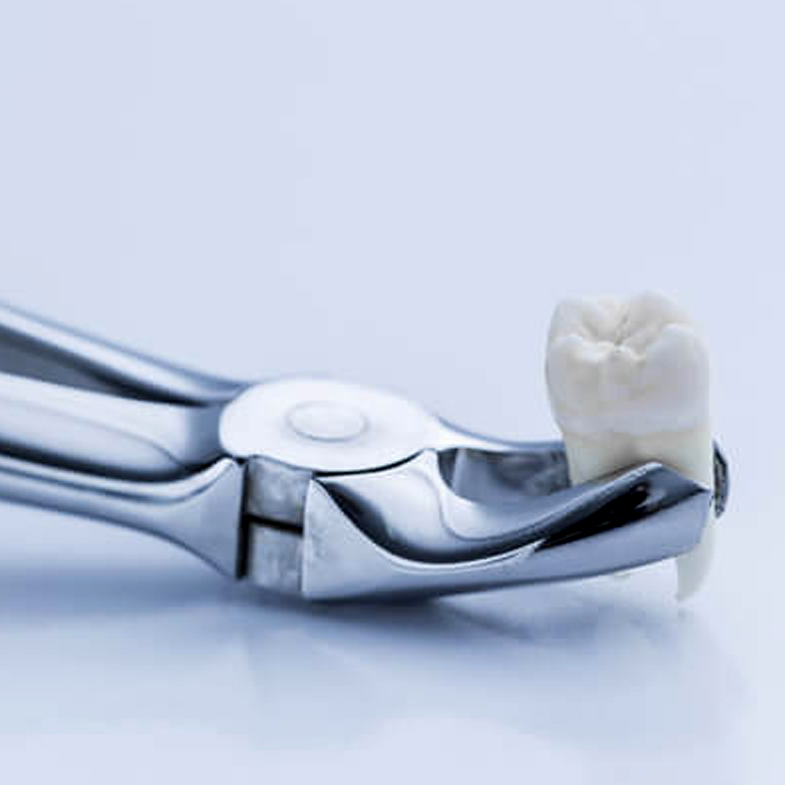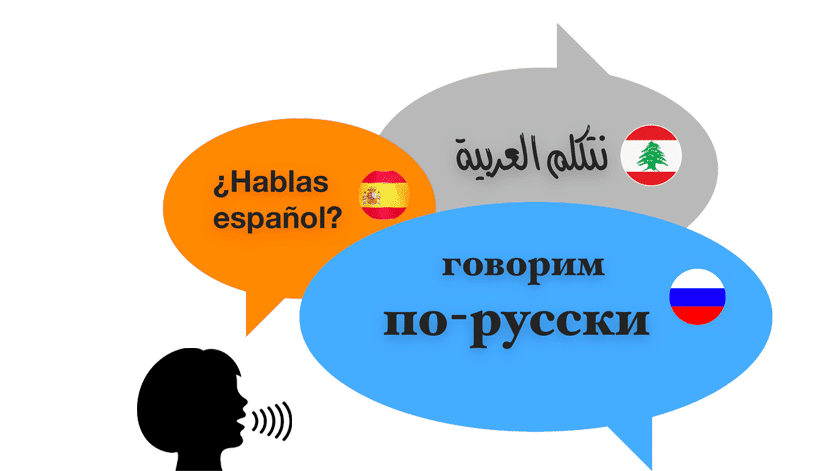Offering Safe Tooth Extraction Services for Our Las Vegas Residents to Relieve Discomfort

Our experienced dentist has the skills to safely extract any tooth that’s causing pain.
You and Dr. Hijazy may determine that you need a tooth extraction for any number of reasons. Some teeth are extracted because they are severely decayed; others may have advanced periodontal disease, or have broken in a way that cannot be repaired. Other teeth may need removal because they are poorly positioned in the mouth (such as impacted teeth), or in preparation for orthodontic treatment.
The removal of a single tooth can lead to problems related to your chewing ability, your jaw joint, and/or shifting teeth, which can conceivably have a major impact on your dental health. To avoid these complications, in most cases, Dr. Hijazy will discuss alternatives to extractions as well as replacement of the extracted tooth.
-
After Tooth Extraction
After tooth extraction, it’s important for a blood clot to form to stop the bleeding and begin the healing process. Bite on a gauze pad for 30-45 minutes immediately after the appointment. If the bleeding or oozing still persists, replace the gauze pad and bite firmly for another 30 minutes. You may have to do this several times to staunch the flow of blood.
After the blood clot forms it is important to not disturb or dislodge the clot. Do not rinse vigorously, suck on straws, smoke, drink alcohol or brush the teeth next to the extraction site for 72 hours. These activities may dislodge or dissolve the clot and hinder the healing process. Limit vigorous exercise for the next 24 hours, as this increases blood pressure and may cause more bleeding from the extraction site.
After the tooth is extracted, you may feel some pain and/or experience some swelling. An ice pack or an unopened bag of frozen peas or corn applied to the area will keep swelling to a minimum. Take pain medications as prescribed. The swelling usually subsides after 48 hours.
Use pain medication as directed. Call our office if the medication does not seem to be working. If antibiotics are prescribed, continue to take them for the indicated length of time even if signs and symptoms of infection are gone. Drink lots of fluids and eat nutritious, soft food on the day of the extraction. You can eat normally as soon as you are comfortable.
It is important to resume your normal dental routine after 24 hours. This should include brushing, morning and night, and flossing your teeth at least once a day. This will speed healing and help keep your mouth fresh and clean.
After a few days you should feel fine and can resume your normal activities. If you have heavy bleeding, severe pain, continued swelling for 2-3 days, or a reaction to the medication, call our office immediately.
Why Is Oral Hygiene So Important?
Adults over the age of 35 lose more teeth to gum disease (periodontal disease) than from cavities. Three out of four adults are affected at some time during their life. While there is evidence linking genetics and gum disease, the best way to prevent cavities and periodontal disease is by good tooth brushing and flossing techniques, performed daily.
Periodontal disease and decay are both caused by bacterial plaque. Plaque is a colorless film which constantly forms on your teeth. By thorough daily brushing and flossing, you can remove these bacteria and help prevent periodontal disease.
Daily brushing and flossing will keep dental bacteria to a minimum, but a professional cleaning will remove bacteria in places your toothbrush and floss have missed. Your visit to our office is a critical component of your oral health. Perfect 32 Dental Care is committed to providing the highest level of preventative dental medicine to help you maintain a healthy, functional lifestyle.


